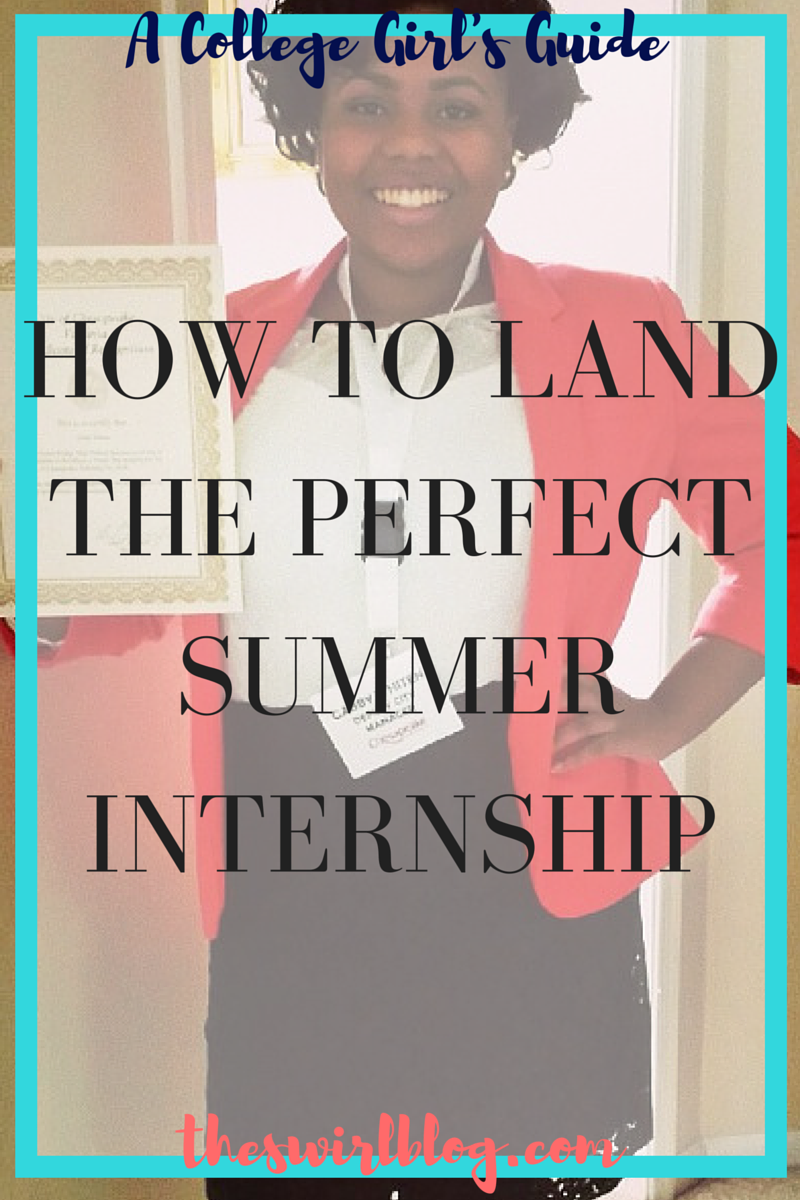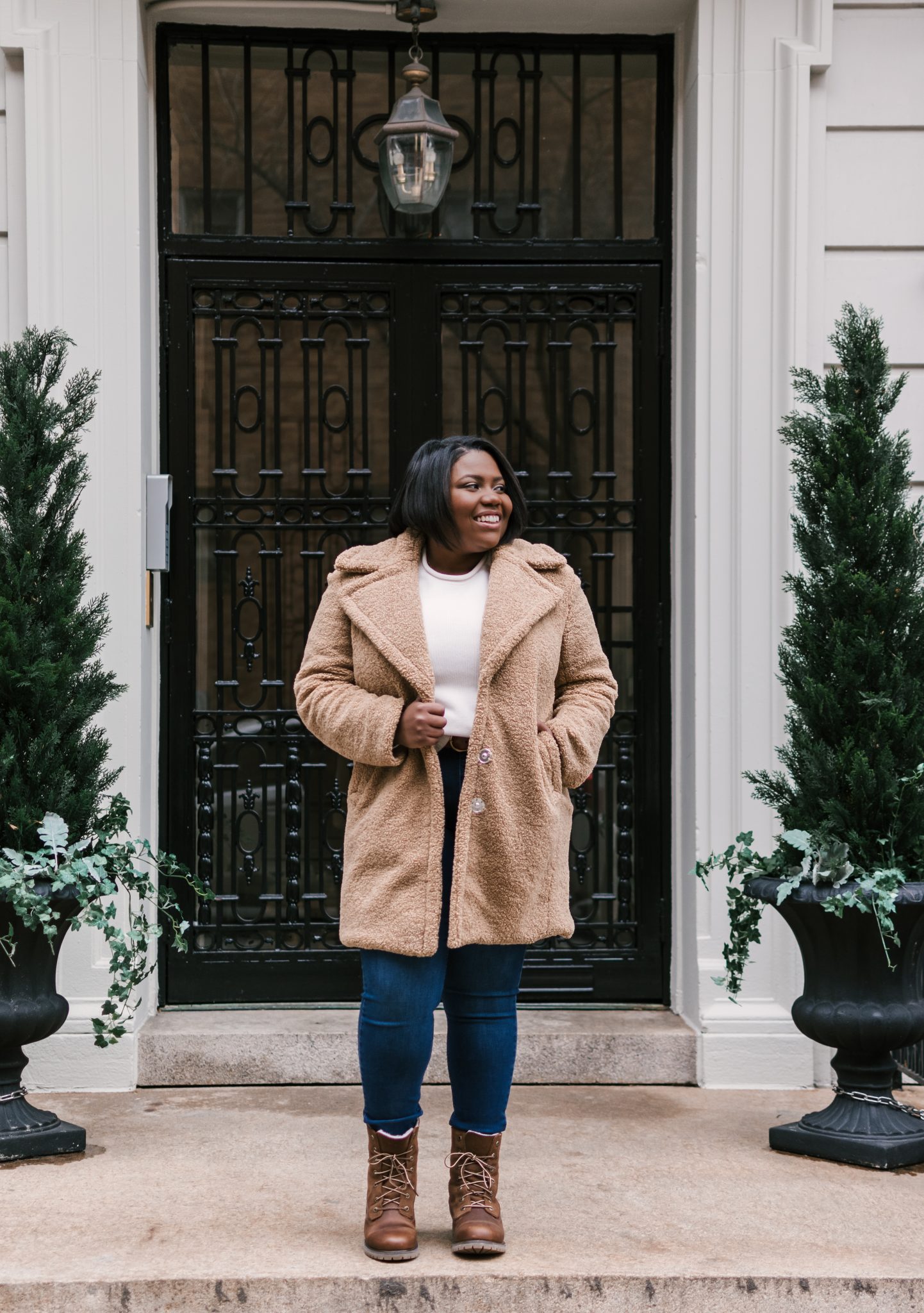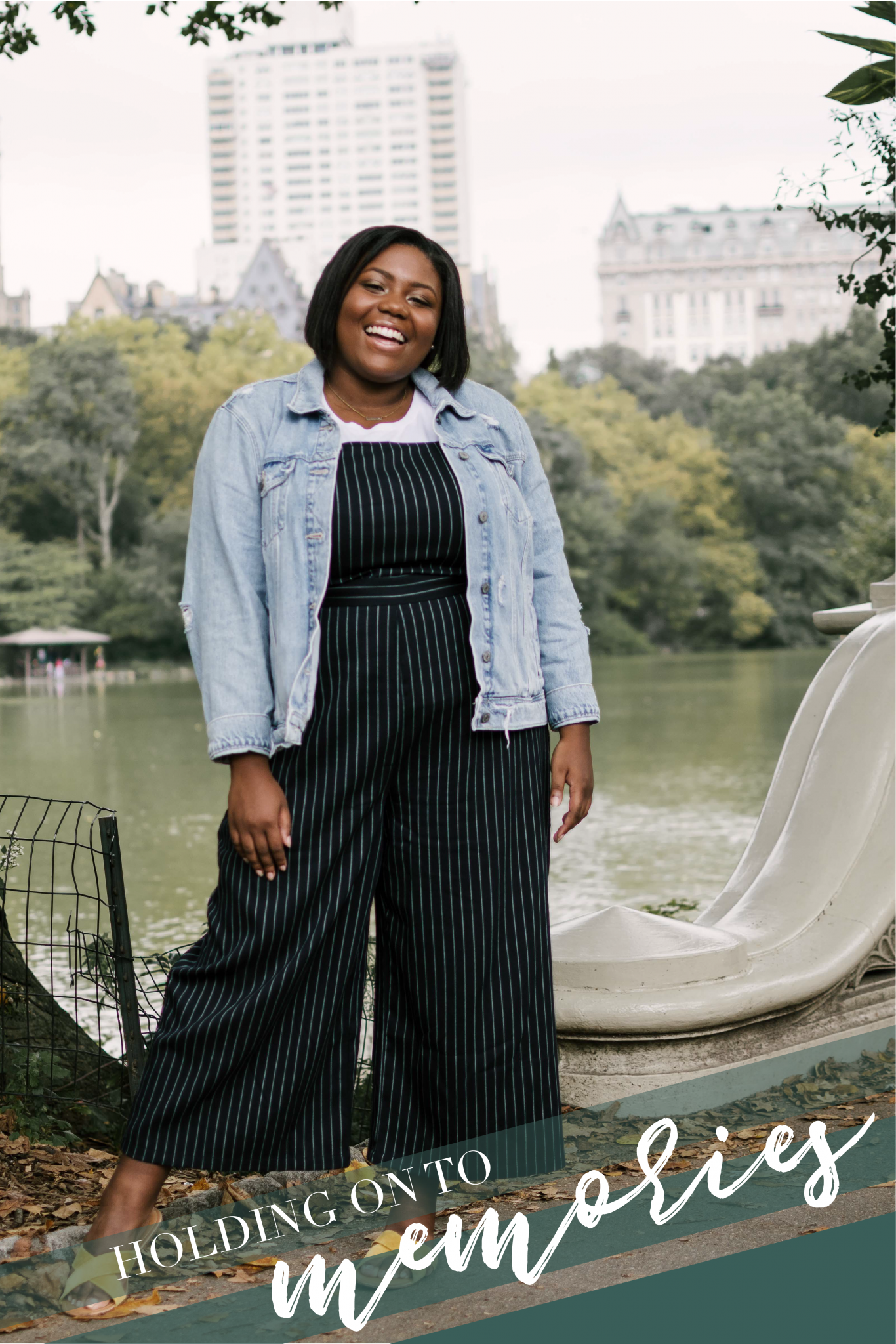
As college students, we are expected to do something productive during our summers to gain experience and learn must needed job skills that our future employers will take into account when deciding whether or not we are worth the hire. For me, it’s a chance to get more involved in research and gain some much needed job training. Business majors find internships with non profits or get major opportunities to take on a summer of Wall Street. Graphic designers can gain some much needed client work with all the free time that comes with the summer months. How do you find these opportunities and how do you make sure you get the job in the end? Well, I spent this past winter break applying to dozens of programs and writing many, many essays trying to communicate my passion for making a difference through science. Keep reading if you want to get a head start on next year’s application cycle and have a rockin’ application that will blow the competition away!
1. When you get to school in August, go to the Career Services department at your college/university and ask some questions!
Some things I think are really important to know especially for internships:
- When is the career fair and do you have a list of companies/schools that will be in attendance? What’s the dress code, should I bring resumes/head shots?
- Are there any opportunities to get my resume reviewed or have head shots taken?
- Can I set up a mock interview?
- What are some other services you all offer?
- I’m really looking to do _______ in the future, do you have any advice that can help me get there?
These guys are some of the best resources for internships, jobs, and careers! Take advantage of this free service while you can! It could cost you hundreds of dollars later for similar advice.
2. Open up EXCEL/WORD and make a checklist of due dates for the application and list any supplemental information you’ll need to get.
Typically, summer internship applications can open anytime from August-January and will close anytime from September-March. So, there will be applications due before winter break. Don’t miss out on these awesome opportunities because you lost track of the due dates between midterms and football games. I like Excel to keep track of things and I’ll place reminders on my calendar and in my planner! These applications might need official transcripts, letters of rec, etc.

3. Start communicating with professors you might want to get to write your recommendation letters very very very early!!
VERY EARLY. Try and get comfortable with at least one of the professors you’ve had for a core class for your major. I’d like to think I’m BFFs with my organic chemistry professor and that only came from some pretty awkward conversations at the beginning, but now I can talk to him anytime! Try coffee or ask about their research or things they do outside of the classroom with whatever subject they teach. Ask them about events in the area that could be interesting like seminars or courses. Recommendation letters are always a lot easier for professors who actually know who you are outside of the academic setting. You don’t want a generic form letter, trust me. Pro Tip: Ask them in person to write you a recommendation and then email them as a follow up measure. Be sure to attach your CV/Resume and any information about the program!
Here’s a skeleton email that I used:
Good Morning {Enter Professor Name Here~be sure to use Dr. if needed},
Thank you so much for agreeing to write a reference letter for me! You can find more information about the initiatives and goals of the program at {enter program website url}.
My top choices for lab placement are: {explain what position you want and why}.
I’m very interested in ~blah blah blah chemistry because blah~. I addressed the fact that I had no research experience but was very eager to jump in somewhere, so you can discuss weaknesses or other similar talking points.
Thanks again!
P.S. {I entered due dates for the reference letter and how they could expect to receive notification when it’s time to submit the letter, and other instructions of that nature went here.}
Signature(Including year of graduation, major/minors, scholarships, leadership positions)
4. Read the mission of each individual program and gauge your strengths and weaknesses against their ideal candidate.
Some programs are geared towards newbies and others are solely looking for experienced veterans. However, this doesn’t mean that the admissions committee for each program won’t take a chance on a candidate who can eloquently articulate how and why they can be an asset to the program using an analysis of their strengths and weaknesses. My point: be very aware of what the program is looking for in applicants and speak to that. This can show that you actually care enough about the program to know its values and expectations.
For example:
What we do look for in applicants are those who have intellectual curiosity and are not afraid to take a challenging course load. In addition, applicants who have made the most of their opportunities are people we admire.
5. Make sure that the compensation (or lack thereof) will allow you to live comfortably while you’re there and gives you room to explore!
If you get an internship in London, you’re gonna want to make more than $600 dollars the entire 7-8 weeks. Also, don’t feel weird about asking a representative of the program any questions about financial responsibilities. They will understand that you are a #struggling college student that wants to learn and get the experience but also needs to eat during the summer. Also, ask about grants or other opportunities to get travel funded because you’ll need to get back and forth between home and your job’s location.
6. Location is everything.
This is 5+ weeks of your life to gain experience and learn some must needed skills. BUT, it’s also your summer and I don’t know about you, but I love an adventure and doing things on the weekend that I wouldn’t normally be able to experience. So, I love big cities and most of the programs that I applied to were in or near a major city! It also makes flying in very easy. However, some of my friends that are interested in environmental science, marine biology, or geology were eager to have internships near major national parks and/or on the east or west coast! So, be sure to keep location in mind.
So, there you have it! These are all the tips and tricks I have to picking and nailing each and every application! These programs can be extremely competitive, but I know you’ve got this! Make sure you get your essays edited and fill in all the applications on time and follow all my other tips to get the internship of your dreams!





